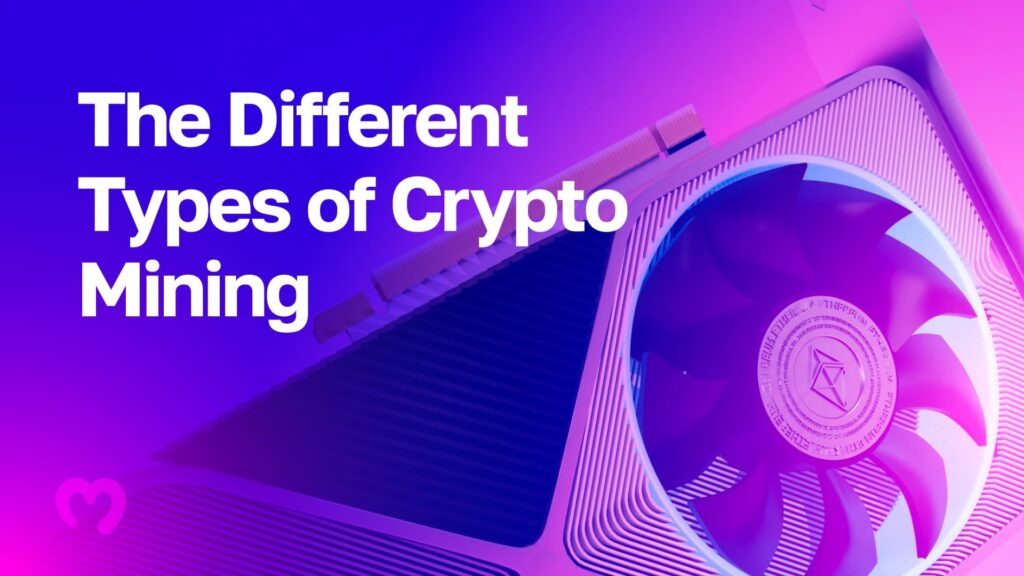All cryptocurrencies
Bitcoin is the oldest and most established cryptocurrency, and has a market cap that is larger than all of the other cryptocurrencies combined. Bitcoin is also the most widely adopted cryptocurrency, and is accepted by practically all businesses that deal with cryptocurrency https://leovegas-au.org/.
For smaller alternative cryptocurrencies or altcoins, there can be noticeable price discrepancies across different exchanges. At CoinCodex, we weigh the price data by volume so that the most active markets have the biggest influence on the prices we’re displaying.
IEO stands for Initial Exchange Offering. IEOs share a lot of similarities with ICOs. They are both largely unregulated token sales, with the main difference being that ICOs are conducted by the projects that are selling the tokens, while IEOs are conducted through cryptocurrency exchanges. Cryptocurrency exchanges have an incentive to screen projects before they conduct a token sale for them, so the quality of IEOs tends to be better on average than the quality of ICOs.
Cryptocurrency works through networks of nodes that are constantly communicating with each other to stay updated about the current state of the ledger. With permissionless cryptocurrencies, a node can be operated by anyone, provided they have the necessary technical knowledge, computer hardware and bandwidth.

Are all cryptocurrencies mined
The proof-of-work model is also potentially vulnerable to having an individual or group gain control of 51% of its network’s computing power. If a hacker or entity gained this much control, it would be possible to essentially hold the network, and its investors, hostage. For prominently mined cryptocurrencies like bitcoin, Ethereum, Litecoin, and Monero, this isn’t a big concern. However, smaller cryptocurrencies with long block processing times and weak daily volume could be susceptible.
Although a maximum of 21 million bitcoins can be minted, it’s likely that the number of bitcoins circulating remains substantially below that number. Bitcoin holders can lose access to their bitcoins, such as by losing the private keys to their Bitcoin wallets or passing away without sharing their wallet details. A June 2020 study by the crypto forensics firm Chainalysis estimated that up to 20% of the Bitcoin already issued may be permanently lost.
The miner then attempts to convert this candidate block into a confirmed block. To do this, they must solve a complex math problem that requires a lot of computing resources. However, for each successfully mined block, the miner receives a block reward consisting of newly created cryptocurrencies plus transaction fees. Let’s take a closer look.

The proof-of-work model is also potentially vulnerable to having an individual or group gain control of 51% of its network’s computing power. If a hacker or entity gained this much control, it would be possible to essentially hold the network, and its investors, hostage. For prominently mined cryptocurrencies like bitcoin, Ethereum, Litecoin, and Monero, this isn’t a big concern. However, smaller cryptocurrencies with long block processing times and weak daily volume could be susceptible.
Although a maximum of 21 million bitcoins can be minted, it’s likely that the number of bitcoins circulating remains substantially below that number. Bitcoin holders can lose access to their bitcoins, such as by losing the private keys to their Bitcoin wallets or passing away without sharing their wallet details. A June 2020 study by the crypto forensics firm Chainalysis estimated that up to 20% of the Bitcoin already issued may be permanently lost.
Do all cryptocurrencies use blockchain
Using blockchain in the financial industry can make transactions more efficient. Visa has shown the efficacy and potential of blockchain technology for mainstream use since adopting it for international business payments in 2017.
“Because cryptocurrencies are volatile, they are not yet used much to purchase goods and services. But that is changing as PayPal, Square and other money service businesses make digital asset services broadly available to vendors and retail customers,” notes Patrick Daugherty, senior partner of Foley & Lardner and lead of the firm’s blockchain task force.
The most common use of blockchain today is as the backbone of cryptocurrencies, like Bitcoin or Ethereum. When people buy, exchange or spend cryptocurrency, the transactions are recorded on a blockchain. The more people use cryptocurrency, the more widespread blockchain could become.
Another blockchain innovation are self-executing contracts commonly called “smart contracts.” These digital contracts are enacted automatically once conditions are met. For instance, a payment for a good might be released instantly once the buyer and seller have met all specified parameters for a deal.